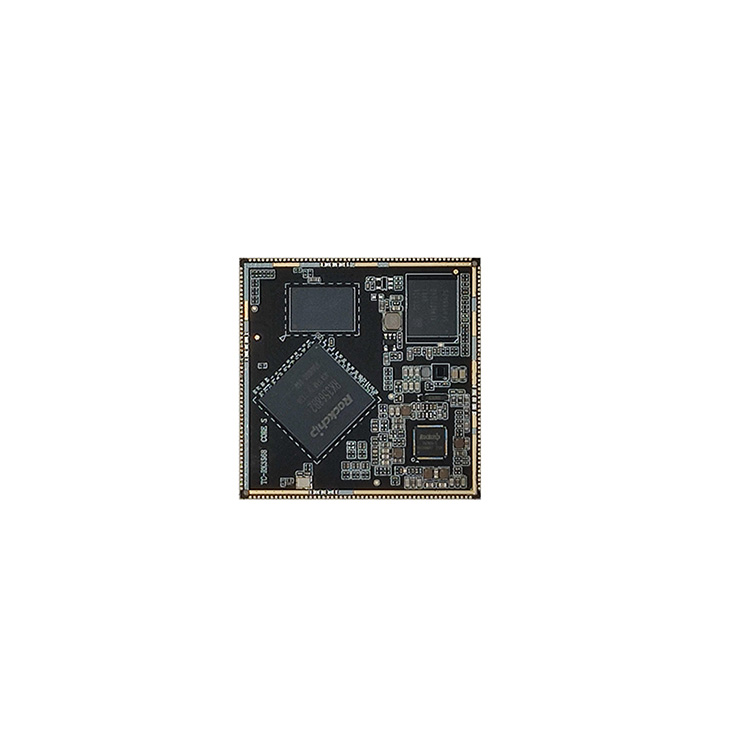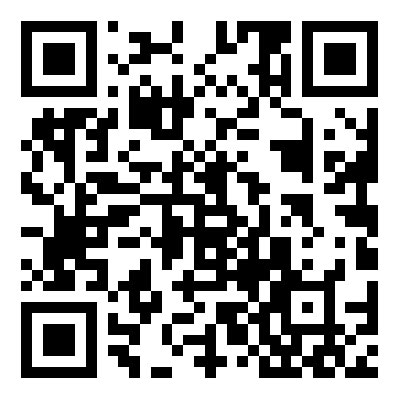Unleashing Potential: Who Can Benefit from Using a Core Board
2024-05-20
Core boards are powerful communication tools designed to facilitate interaction and language development for individuals with speech or language challenges. These boards are equipped with essential vocabulary words that can be combined to express a wide range of thoughts and needs. But who exactly can benefit from using a core board? In this blog post, we will explore the diverse groups of people who can experience significant advantages from incorporating core boards into their daily lives.
1. Individuals with Autism Spectrum Disorder (ASD)
2. Children with Developmental Delays
Children with developmental delays may experience slower progress in acquiring speech and language skills. Core boards can support these children by offering an accessible way to communicate, thereby enhancing their ability to interact with peers and caregivers. Early introduction of core boards can also promote language development and improve overall communication skills.People with Autism Spectrum Disorder (ASD) often face challenges with verbal communication. Core boards can provide a consistent and reliable method for expressing needs, making choices, and engaging in social interactions. The visual and structured nature of core boards can help individuals with ASD process language more effectively and reduce frustration associated with communication difficulties.
3. Individuals with Aphasia
Aphasia is a language disorder that affects a person's ability to produce or comprehend speech, often as a result of a stroke or brain injury. Core boards can serve as a vital communication aid for individuals with aphasia, enabling them to express their needs and thoughts despite their language impairments. The use of core vocabulary can also assist in language rehabilitation by providing consistent practice with essential words.
4. Non-Verbal or Minimally Verbal Individuals
Non-verbal or minimally verbal individuals, including those with conditions such as cerebral palsy or Down syndrome, can greatly benefit from core boards. These boards offer a means of communication that does not rely on verbal speech, allowing users to convey their needs, preferences, and emotions. This can lead to increased independence and improved quality of life.
Conclusion
Core boards are versatile communication tools that can benefit a wide range of individuals with diverse communication needs. From children with developmental delays to adults with neurological conditions, core boards offer a means of expression, connection, and independence. By providing access to essential vocabulary and supporting language development, core boards empower users to navigate their world more effectively and engage meaningfully with those around them. As awareness of the benefits of core boards continues to grow, more individuals and their support networks can experience the profound impact of these essential communication aids.



